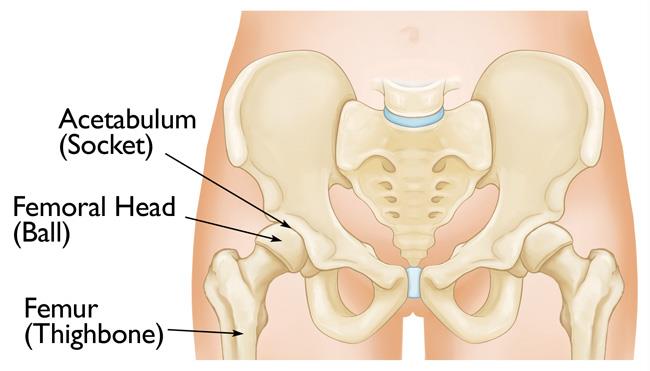The Knowledge and Practice of Pelvic and Acetabular Fractures Management Among Orthopaedics and Trauma Surgeons in Nigeria
Background: Pelvic and acetabular fractures are markers of high-energy trauma and are associated with significant morbidity, mortality and management could be challenging. The inability to surgically manage these fractures appropriately in our centre and few publications on pelvic-acetabular fractures in Nigeria stimulated this study.
Objectives: to find out how pelvic and acetabular fractures are managed and the availability of investigating tools in Nigeria.
Materials and methods: A questionnaire was uploaded for 7 weeks on the National orthopaedics and trauma surgeons’ forum. Questions on pelvic fractures management, knowledge and classification of pelvic fractures, preferred methods of pelvic fractures management- surgical or non-surgical, availability of advanced investigating tools and desire to acquire more skills /training were asked.

Results: Eighty-five (33.2%) of the 256 members participated in the study. Preferred classification were Tile and Young-Burgess 46 (56.8%) and 29 (35.8 %) respectively. Thirty-six (43.9%) had Computerize Tomography scan (CT) while 19 (23.2%) had Magnetic Resonance Imaging (MRI) available in their place of practice. Twenty-eight (34.6%) would manage operatively, 8 (9.9%) would either operate or refer, while 23 (28.48%) would either manage non-operative or refer and outright non-operative in 7 (8.6%) of pelvic-acetabular fractures that require Open Reduction Internal Fixation (ORIF). Forty-six (56.8%) would refer patients; because of non-availability of skilled surgeon in 30(65.2%) and non-availability of operating tools in 32(69.6 %). Seventy-four (90.2%) would like to acquire skills in pelvic surgery.
Conclusion: The health facilities were not adequately equipped with advanced imaging tools. Twenty-three percent of the respondents would consider managing pelvic fracture that requires ORIF non-operatively, while more than half would refer because of either non-availability of skilled pelvic surgeon or the non-availably of operating tools. Majority of the respondents are interested in acquiring skills in pelvic surgery.

